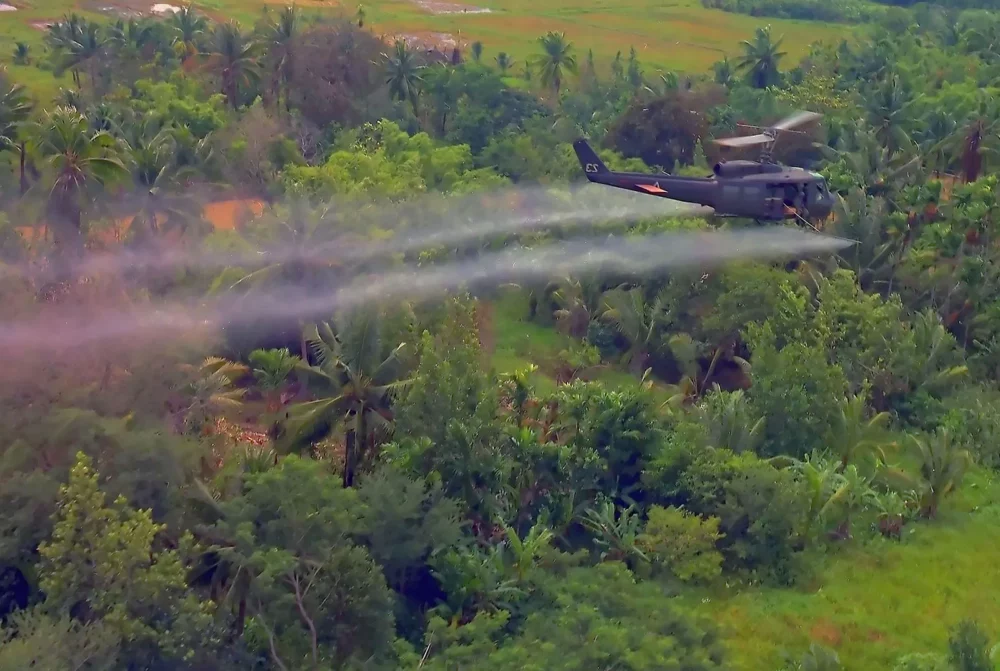Spanning nearly two decades, the Vietnam War claimed millions of lives, including as many as 2 million civilians and over 58,000 U.S. troops. The conflict was the first that allowed people to witness the horrors of war right in their living rooms half a world away, resulting in widespread opposition to the conflict. However, the legacy of the Vietnam War extends far beyond its casualties, with many of the lingering health effects of combat only just beginning to be fully understood. Even now, many veterans are unaware that their health conditions may be related to their time in service. These are some of the long-term health impacts faced by survivors of the Vietnam War.

The U.S. Military Exposed Millions of Soldiers and Civilians to Agent Orange
During the Vietnam War, the U.S. military used a variety of chemicals called rainbow herbicides to destroy the forest that provided cover to enemy combatants. The most famous is Agent Orange, a chemical dust that contains dioxin, which causes leaves to fall off plants. Dioxin has since been linked to a host of serious health issues, including cancer, diabetes, Parkinson’s disease, and heart disease. For 10 years, the U.S. military sprayed the herbicide over more than 4.5 million acres of land in Vietnam, Laos, and Cambodia, exposing civilians and troops alike to the toxic chemical. Dioxin lingers in the environment for years, seeping into the soil, water, and animal tissue, impacting anyone who eats meat, fish, and other animal products from exposed areas. Agent Orange has even been linked to severe birth defects in the babies of children exposed to the chemical. Moreover, nearly five decades later, the forests in Vietnam have still not been restored to pre-war levels.
